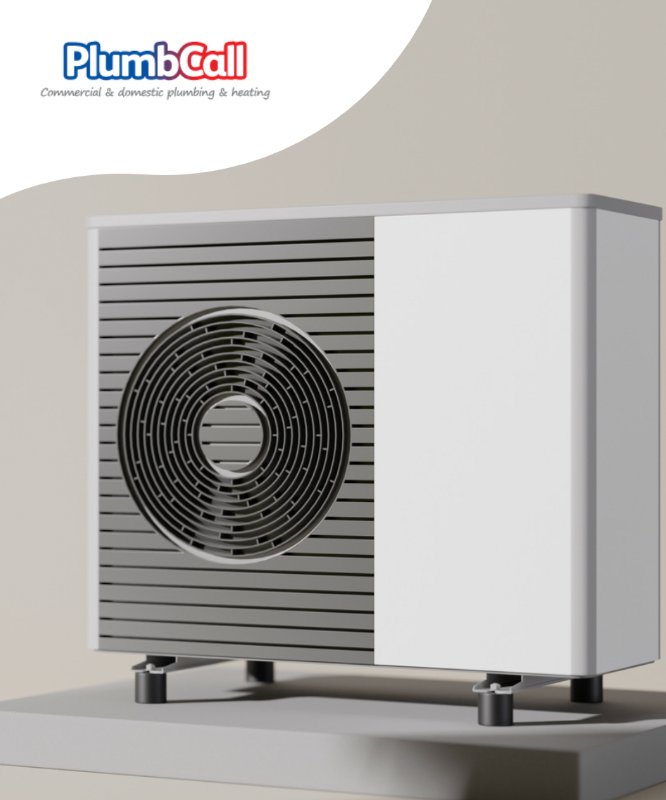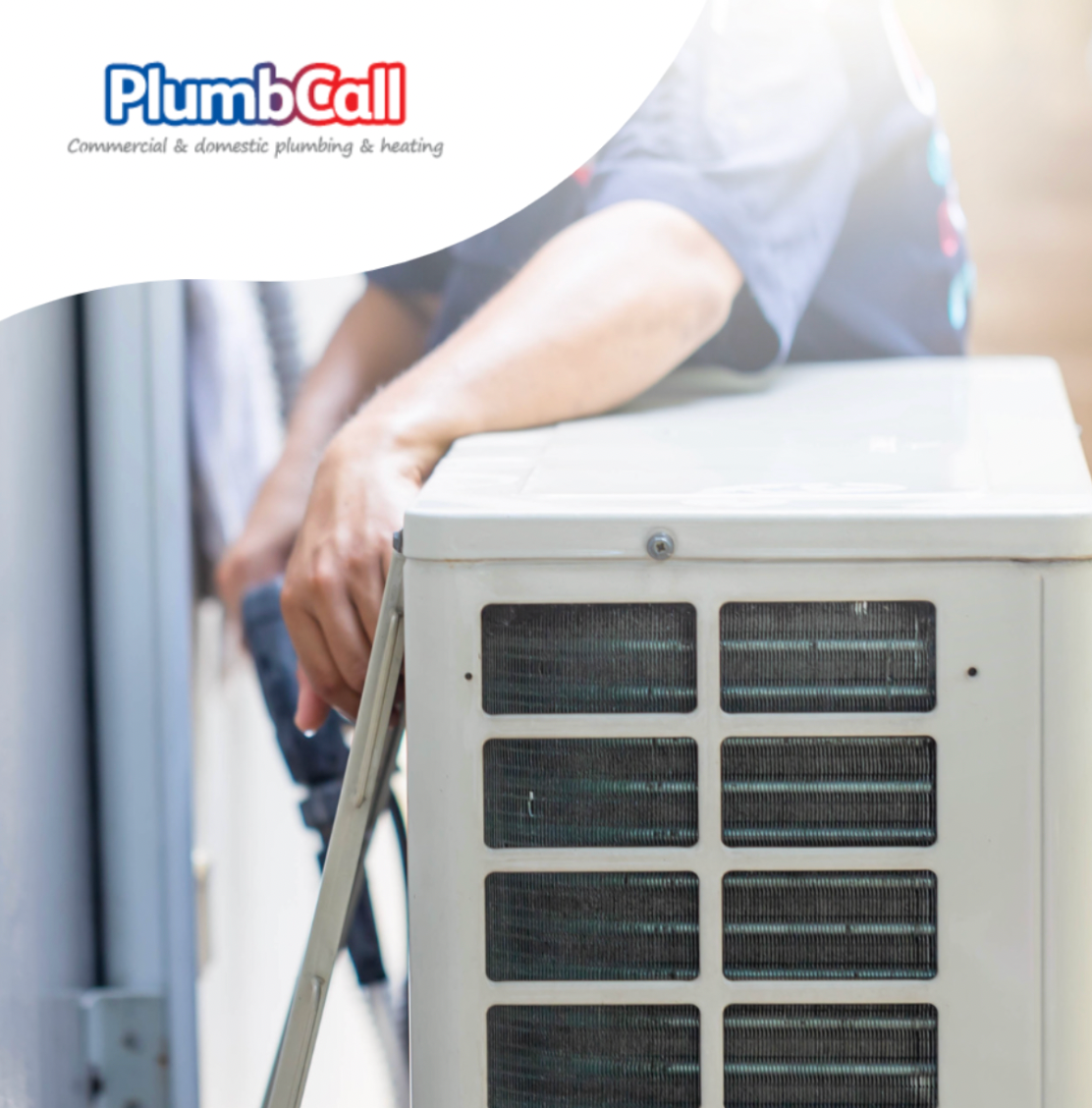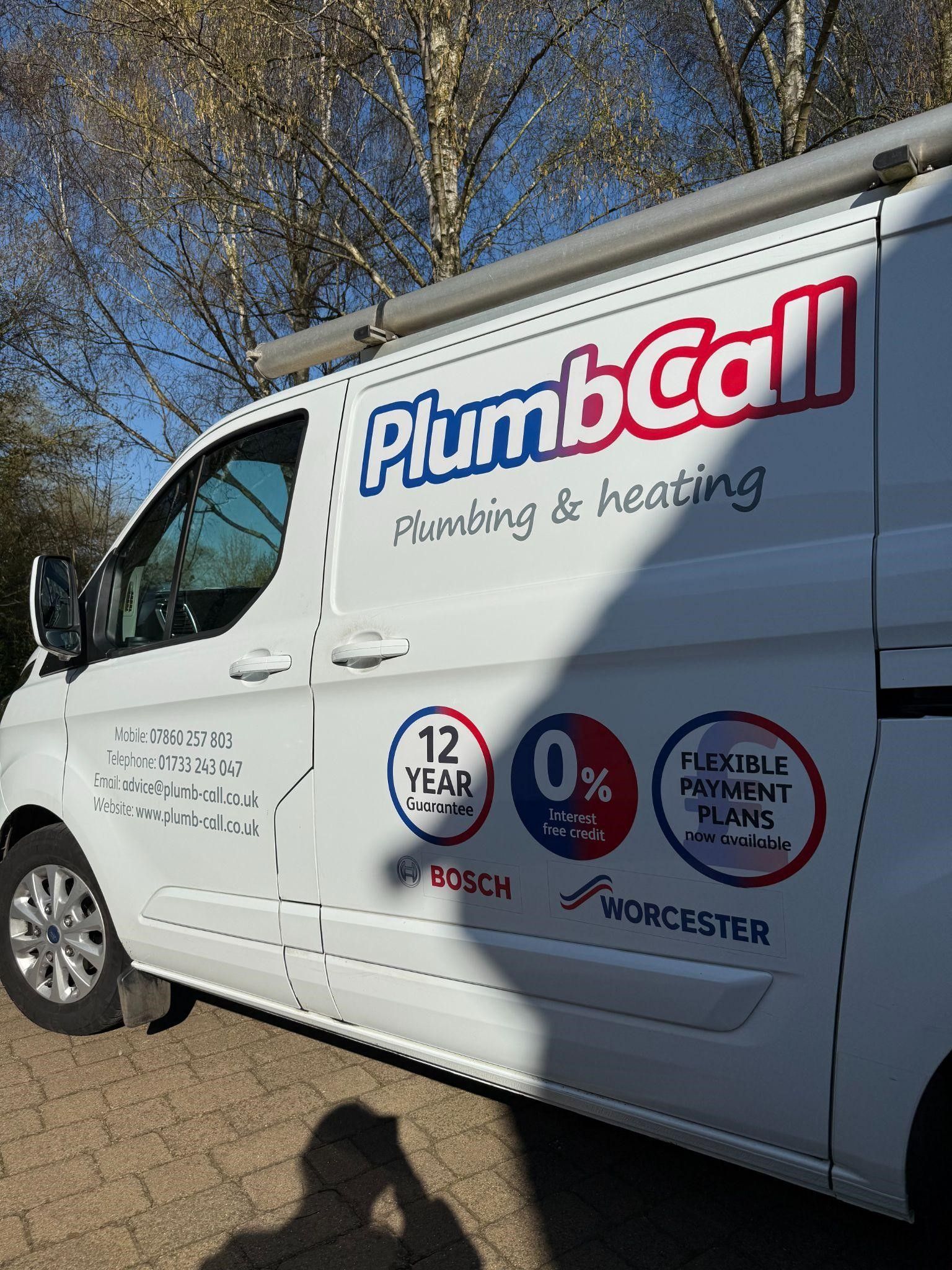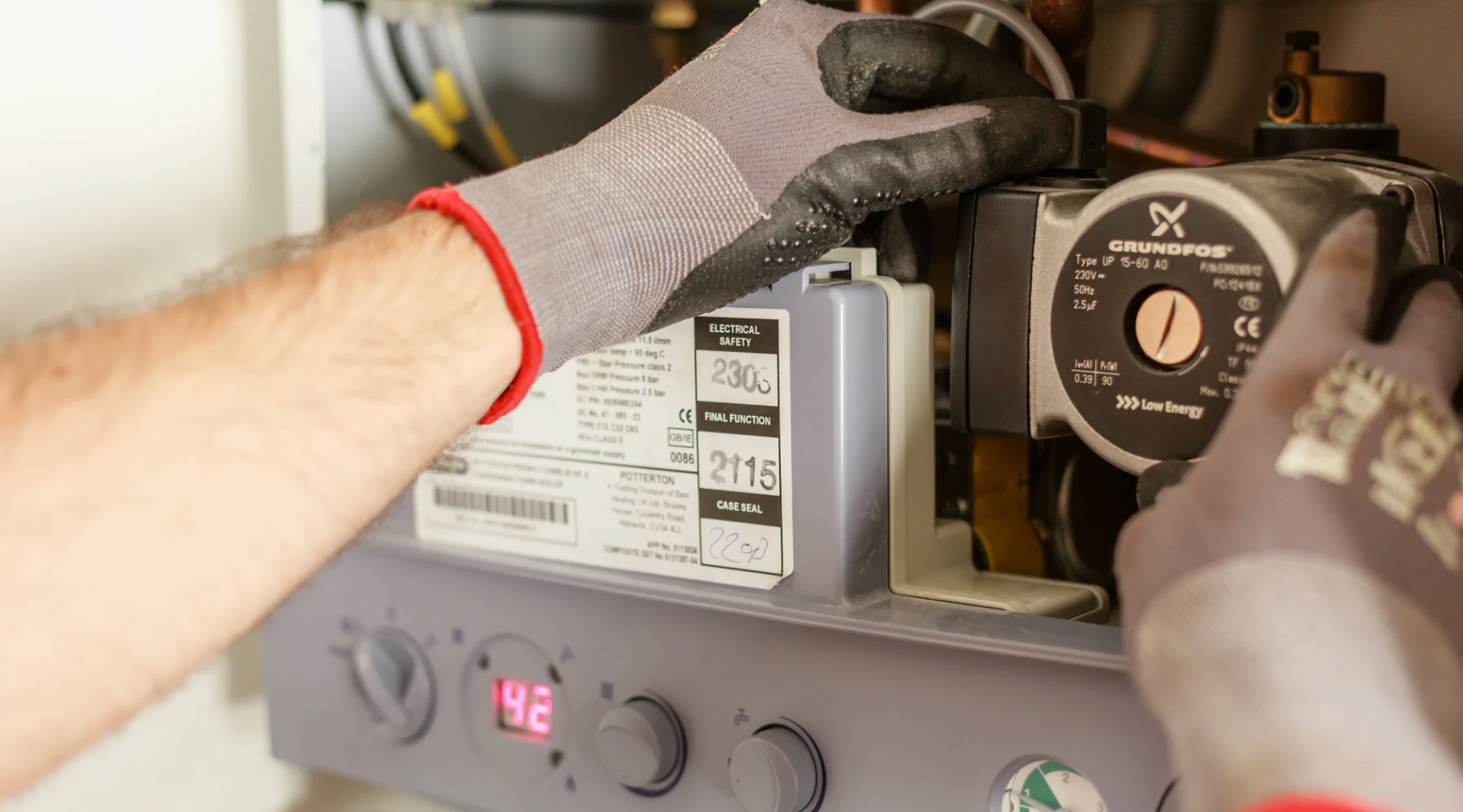Cutting Your Energy Bills in Half: How Air Source Heat Pumps Can Help
As energy prices continue to rise, finding ways to reduce energy bills has become a top priority for many homeowners. One solution to this problem is to install an air source heat pump (ASHP) in your home. ASHPs efficiently heat and cool your home, providing substantial energy savings and reducing your carbon footprint.
What is an Air Source Heat Pump?
A heat pump system is a heating and cooling system that extracts heat from the air outside your home and transfers it inside using a refrigerant. The refrigerant absorbs heat from the outside air and then passes through a compressor, increasing the refrigerant's temperature. The hot refrigerant then circulates through a coil inside your home, releasing heat and warming your home. In the summer, the process can be reversed to cool your home.

Air Source Heat Pump Advantages
Energy Efficiency
ASHPs are very efficient because they don't generate heat; instead, they move heat from one place to another. This means they use less electricity than traditional heating systems, resulting in lower energy bills.
Renewable Energy
Unlike traditional heating systems that burn fossil fuels, ASHPs use renewable energy from the air outside your home. This renewable energy technology reduces your carbon footprint and helps protect the environment.
Versatility
ASHPs can be used for both space heating and cooling, making them a versatile solution for year-round comfort.
Low Maintenance
ASHPs require very little maintenance compared to traditional heating systems. They don't have a lot of moving parts, so there's less chance of something going wrong.
Long Lifespan
ASHPs are built to last and can provide reliable service for up to 20 years or more.
How Air Source Heat Pumps Can Cut Your Energy Bills in Half
Lower Energy Consumption
ASHPs use less electricity than traditional heating systems because they don't generate heat; they simply move it from one place to another. This can result in up to 50% savings on your energy bills.
Reduced Need for Backup Heating
ASHPs can operate in very low temperatures, making them suitable for use in cold climates. This means you won't need to rely on expensive backup heating systems as often, further reducing your energy bills.
Government Incentives
Many governments offer incentives like the boiler upgrade scheme for homeowners who install renewable energy systems like ASHPs. These incentives can include tax credits, rebates, and low-interest loans.
Air Source Heat Pump System vs Gas Boiler
When considering whether to install an air source heat pump (ASHP) or a gas boiler, there are several factors to consider. ASHPs are a renewable energy source and can be more efficient than gas boilers, resulting in lower heating bills and fewer carbon emissions. They can also provide cooling during hot weather, whereas gas boilers cannot.
However, ASHPs are generally more expensive than a typical gas boiler installation and may only be suitable for some homes. Gas boilers are a well-established technology and may be more familiar to homeowners. They are generally cheaper to install than ASHPs but have higher running costs and produce higher carbon emissions. Ultimately, the decision between an ASHP and a gas boiler will depend on factors such as the climate, the size and layout of the home, and the budget.

Is an air source heat pump enough to heat the whole house?
Yes, an air source heat pump can generate enough heat for the whole house. Air source heat pumps heat distribution can heat an entire home through ductwork, radiators, or an underfloor heating system. However, the size of the heat pump and the insulation and energy efficiency of the home will impact its ability to heat the entire house.
It's important to have a professional installer assess the size of the home and the heating and cooling needs to determine the appropriate size of the air source heat pump. Additionally, it's important to have the heat pump installations in a well-insulated home and air sealed to maximise the efficiency of the heat pump and reduce energy loss.
Can an air source heat pump heat water as well?
Yes, air-source heat pumps can heat water as well as provide heating and cooling for a home or building. This is achieved through a system called an air source heat pump water heater, or ASHP water heater.
An ASHP water heater works by extracting heat from the air outside, which is then used to heat the water in the tank. The heated water can then be used for hot water taps, showers, and other household uses. This can be an efficient and cost-effective way to heat water, as air-source heat pumps are highly efficient and use less energy than traditional electric or gas water heaters.
There are a variety of ASHP water heaters available on the market, ranging from small units for residential use to larger systems for commercial and industrial applications. Some units can even be integrated with solar thermal panels to provide even more renewable energy for water heating.
It's important to note that ASHP water heaters work best in moderate to warm climates, as a lower temperature can affect the unit's efficiency. However, even in colder climates, ASHP water heaters can still provide significant energy savings compared to traditional water heaters.
Is a Heat Pump Right for You? Factors to Consider Before Making a Decision
If you're looking for an efficient and versatile way to heat and cool your home, a heat pump might be the solution you're looking for. However, before making a decision, it's important to consider a few factors to determine if a heat pump is a right choice for you.
- Climate: Heat pumps work best in moderate climates, where the temperature doesn't drop too low in the winter. If you live in a region with extremely cold winters, a heat pump might not be the best option for you.
- Size of your home: The size of your home will impact the size and type of heat pump you need. A professional installer can help you determine the appropriate size for your home.
- Energy efficiency: Heat pumps are known for their energy efficiency, but it's important to look at the unit's SEER (Seasonal Energy Efficiency Ratio) and HSPF (Heating Seasonal Performance Factor) ratings to ensure you're getting the most efficient unit for your needs.
- Cost: Heat pumps can be a more expensive upfront cost than traditional heating and cooling systems, but they can also provide substantial energy savings over time. It's important to consider the long-term cost benefits before making a decision.
- Renewable energy goals: If you're looking to reduce your carbon footprint and use renewable energy sources, a heat pump is a great option as it doesn't rely on burning fossil fuels.
In conclusion, while heat pumps can provide energy-efficient and versatile heating and cooling solutions, it's important to consider the climate, size of your home, energy efficiency, cost, and renewable energy goals before deciding. A professional air source heat pump installer can help you determine if a heat pump is the right choice for your home and needs.
How much does an air source heat pump cost?
The cost of an air source heat pump (ASHP) can vary depending on various factors, such as the size of the system, the type of unit, and the complexity of the installation. On average, the cost of a standard ASHP unit and installation can range from £6,000 to £12,000.
The initial cost of an ASHP may be higher than traditional heating systems such as gas boilers, but over time, homeowners can save money on heating bills due to the efficiency of the system.
In addition, homeowners may be eligible for financial incentives such as the Renewable Heat Incentive scheme, which can provide payments to those who install renewable heating systems like ASHPs. It's important to note that the cost of an ASHP will also depend on the location and accessibility of the property, as well as the qualifications and experience of the installer. To get an accurate cost estimate for an ASHP, it's recommended to consult with a qualified installer who can provide a detailed quote based on your specific needs and circumstances.
What is the difference between air-source heat pumps and ground-source heat pumps?
The main difference between an air-source heat pump (ASHP) and a ground-source heat pump (GSHP) is the source of the heat they use. ASHPs extract heat from the air outside, while GSHPs extract heat from the ground. This means that the installation and operation of the two systems differ significantly. GSHPs require a network of pipes buried in the ground, which can be expensive to install, but once installed, they are efficient at producing heat.
ASHPs, on the other hand, are generally less expensive to install and can be used for both a heating system and cooling, making them a versatile option for many homes and buildings.
Ultimately, the choice between ASHPs and GSHPs will depend on a variety of factors, including the climate, the available space for installation, and the budget.
Do You Need to Be Qualified to Install an Air Source Heat Pump?
Yes, installing an air source heat pump requires qualifications and expertise to ensure the system is set up correctly, safely, and in compliance with local regulations. Proper installation is critical for the heat pump to function efficiently and effectively. Here’s why professional qualifications are essential:
- Understanding System Requirements
Heat pump installation involves assessing your property’s energy efficiency, insulation, and heating needs. A qualified installer can determine the correct size and type of heat pump suitable for your home. - Compliance with Regulations
Many countries, including the UK, require that air source heat pumps be installed by certified professionals who are accredited by governing bodies like MCS (Microgeneration Certification Scheme). Completing an Air Source Heat Pump Course is often a prerequisite for becoming a certified installer. - Maximizing Efficiency
Incorrect installation can lead to reduced efficiency, higher energy bills, and potential system failures. Qualified professionals have the expertise to position the outdoor unit properly, integrate it with your existing heating system, and optimize its performance. - Eligibility for Financial Incentives
In many cases, government incentives or grants, such as the Boiler Upgrade Scheme, are only available if the heat pump is installed by a qualified and accredited professional. Having completed an Air Source Heat Pump Course ensures compliance with these requirements. - Warranty and Support
Most manufacturers require the system to be installed by a certified professional to validate the warranty. This also ensures you receive ongoing support and maintenance.
Attempting to install an air source heat pump without the necessary qualifications can result in safety hazards, inefficiency, and costly mistakes. For peace of mind and optimal performance, always hire a professional installer like Plumb-Call Plumbing & Heating Ltd to handle the job.
If you're an aspiring professional looking to enter this field, consider enrolling in a certified Air Source Heat Pump Course to gain the skills and qualifications needed.
Get a free quote for an air source heat pump installation today!
If you're looking for a way to cut your energy bills in half, an air source heat pump may be the solution you've been searching for. With their energy efficiency, versatility, and low maintenance requirements, ASHPs can provide reliable comfort for years to come while you save money on your energy bills and reduce your carbon footprint.
Get in contact with Plumb Call today to get yourfree quote for a boiler installation today!
You Might Also Like




